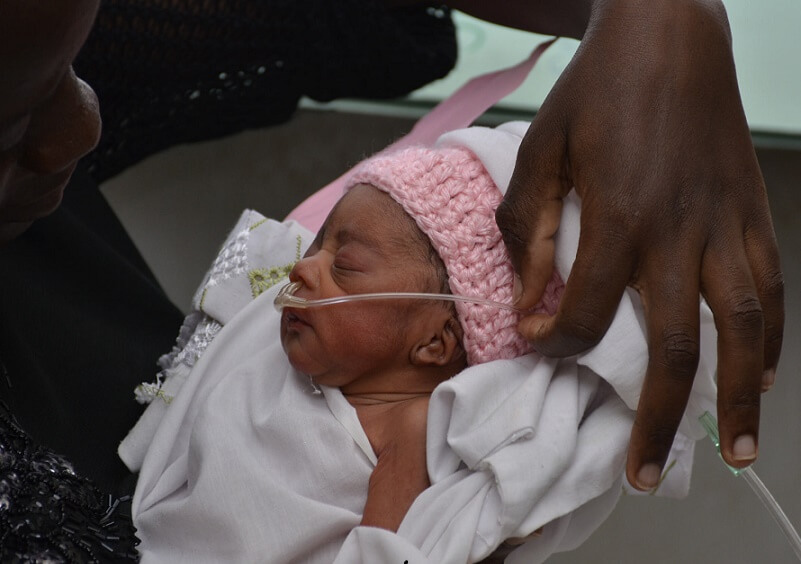
The World Health Organization (WHO) launched new guidelines to improve survival and health outcomes for preterm babies. According to the guidelines, it has been suggested that skin-to-skin contact and breastfeeding greatly improve the survivability of preterm babies.
Kangaroo mother care is a skin-to-skin contact technique of newborn care where babies are kept chest-to-chest and skin-to-skin with their parents and most times the mother.
Preterm babies are also defined as those who are born before the completion of 37 weeks of pregnancy while small babies are those who weigh under 2.5 kg at the time of birth. According to the World Health Organization (WHO), a pregnancy is meant to last for 40 weeks.
The global health body updated its guidelines on November 15, 2022, with a 75-page document aimed at stakeholders like health workers and non-governmental organizations. The new guidelines suggest that kangaroo mother care, skin-to-skin contact with a caregiver, should start immediately after birth without letting the baby first be put in an incubator.
These guidelines allow the mother and baby to not be separated immediately after birth in a significant departure from older clinical practices where babies would immediately be put into an incubator.
New research has shown that giving kangaroo mother care immediately after birth can save more lives as it reduces the risk of infections and hypothermia, while also improving feeding. The guidelines also suggest that breastfeeding is the most effective and safe method, with donor human milk being the best alternative to mother’s milk as it also reduces the chances of infections.
However, the new guidelines call for rethinking how neonatal intensive care is provided to ensure that babies are not separated from their parents. The neonatal intensive care units do not reserve space for mothers even though they are allowed to visit at specified intervals.
The guidelines also provide stakeholders with recommendations on how to provide emotional, financial, and workplace support for families of preterm and small babies.
“Preterm babies can survive, thrive, and change the world but each baby must be given that chance,” said Dr. Tedros Adhanom Ghebreyesus, WHO Director-General in a statement shared alongside the issued guidelines. “These guidelines show that improving outcomes for these tiny babies are not always about providing the most high-tech solutions, but rather ensuring access to essential healthcare that is centered around the needs of families.”
Each year there are over 15 million babies are born preterm and 20 million babies are born small. The best precaution against preterm and small babies is to have healthier pregnancies.
By Judith Grace Amoit.
